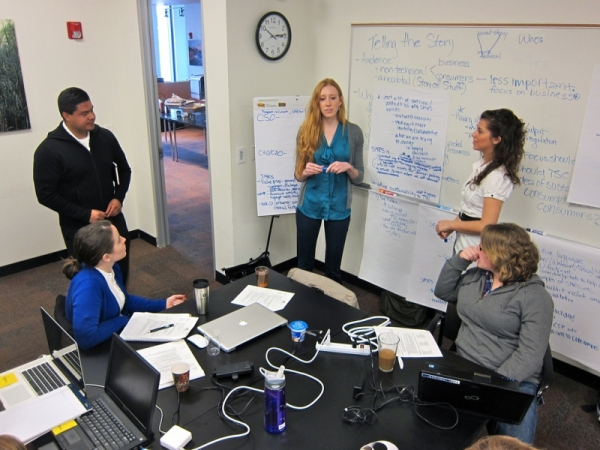Qualifying the Client and Setting Expectations
PREPARING A QUOTE FOR A CLIENT IS A TIME CONSUMING PROCESS. You have to assess their needs, both software and hardware, ask plenty of questions, and get a grasp of the project scope. You then need to turn that into a picture of what is needed to complete the project – the tables, layouts, and scripts. How much time will it take to build the beta version, how much time for the back and forth with the client, for testing, refining, and rollout. Then it’s time to prepare documentation and meet again, sometimes several times.
And then you discover the client hasn’t really thought it all out. They don’t have the budget, or perhaps they didn’t realize the time and complexity of what they needed. You could end up losing the bid after putting in hours and hours of work. How do you protect your company from wasting time bidding projects that you had no realistic chance of winning?
By qualifying the client and setting expectations. Here’s a few questions you should ask in the first meeting:
- What is your long term budget?
- What is your short term budget?
- What is your time frame?
- What outcomes do you expect (what are your goals)?
- Have you factored in the cost of the software and hardware?
If they have ready answers to these questions, it means they have done their homework and thought through the process to some degree.
What is your long term budget?
Are they in this for the long term? Is the budget adequate for their requests? If the prospect doesn’t have the budget or hasn’t thought it out, it’s probably a non-starter.
What is your short term budget?
If the long term budget is there but the short term budget is strained, you can sometimes find a way to work with them. Find a way to get them started with what they can afford, then add to it later. Keep your exposure to a minimum while still meeting their needs. Setting expectations and defining the goals can mean the difference between a happy client and an unhappy one.
What is your time frame?
If they do not have a definite time frame, chances are they are not ready to pull the trigger. Give them a ballpark range for a typical project of the type they are describing. Give them an artificial deadline and an incentive (some type of perk) to act now. Many times that will crystallize their thinking.
What outcomes do you expect (what are your goals)?
They should be able to articulate their goals. For example, they might want to improve processing time by 10% while decreasing errors. If they do not have specific goals, ask questions that will illustrate that fact. They probably need to think it out before going any further.
Have you factored in the cost of hardware and software?
The cost of extra computers (including servers, if necessary) and software costs can be considerable. Many times they don’t have any idea how much that would cost. Be prepared to provide ballpark costs for both hardware and software for a project of the scope they have provided.
Think of other questions
There will be more questions you’ll want to ask–questions that pertain to the specific situation. Each question should be designed to make the client spell out their needs.
Asking the right questions up front helps clarify the situation for both you and the client. The client may realize that they cannot afford a solution at this time. Or they may want to go back to the drawing board before going further.
In either case, you’ve just saved yourself a lot of work-and money.


Qualifying the Client and Setting Expectations ...
June 11, 2014 @ 8:41 am
[…] You have to assess their needs, both software and hardware, ask plenty of questions, and get a grasp of the project scope. […]